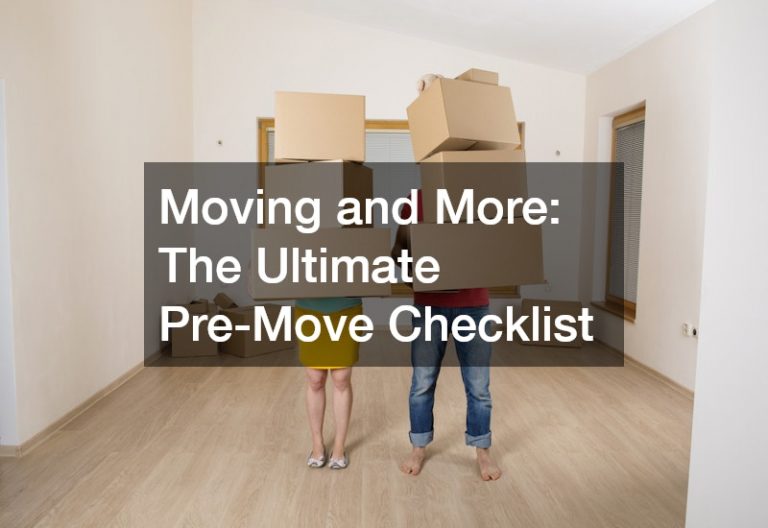Over time, humans have developed an addiction to faster living. Somehow, we have merged our sense of identity with productivity. As Harshita Ganesh said in an article, “I don’t know who I am when I am not productive.”
It’s not uncommon. Ask yourself: Have you ever felt bad when you were just sitting on the couch instead of completing chores, setting a meeting, or just being out of the house?
It’s dreadful to constantly be in a state where a lot of things are running in your mind. To always beating the deadline. To sprinting to get to the next meeting. To get mad at traffic for making your late.
Imagine what it does to your mental health. Stress, for one, is the main contributor to these issues. Often, people find themselves multitasking, which is proven to cause memory and concentration problems.
The cost of faster living
Getting everything done in a shorter period may sound appealing. You’ll have more time to be with family and friends. You can watch an extra episode on Netflix. You can even have an extra house of sleep.
But at what cost?
The brain is capable of so many things, but it can also be overworked. Too much activity can result in burnout, which can eventually lead to a drastic decrease in productivity.
One step at a time
Taking on one task at a time can help you focus more on the job at hand and accomplish it well. Studies show that the brain finds it difficult to shift from one thought process at a time. As a result, you will be spending more time trying to adjust from one task to another. Therefore, productivity is still not at its peak.
Because you’re not focusing on one task alone, the quality of your work will suffer. Consequently, you might be asked to revise or overhaul the entire product. Multitasking has cost you more time and effort.
Try: Meditation

“Meditation is a tool of introspection and reflection, of the discovery of the origin of individual thoughts, feelings, and experience,” says Susan Smalley, Ph.D., Professor Emeritus, Department of Psychiatry and Biobehavioral Sciences at UCLA.
Some of us find it absurd. Sitting cross-legged on the floor with ambient music in the background and focusing on your breathing. How is that supposed to help, right? Most of us would much rather proceed to work or get on social media.
However, meditation doesn’t always have to look like that. Meditation can be done in a Zen garden, surrounded by landscaping rocks in Utah. It can be done at a restaurant just by being mindful of your actions, the present, and your existence.
This practice comes in many different forms, but the relaxation response will always be there. It stimulates brain activity, reduces cortisol levels, blood pressure, and regulates heart rate.
Starting the day with meditation can set the tone for your overall mood and well-being. It will give you a chance to reflect on who you are and what good things have happened for the past weeks, months, or years. Some things can wait.




